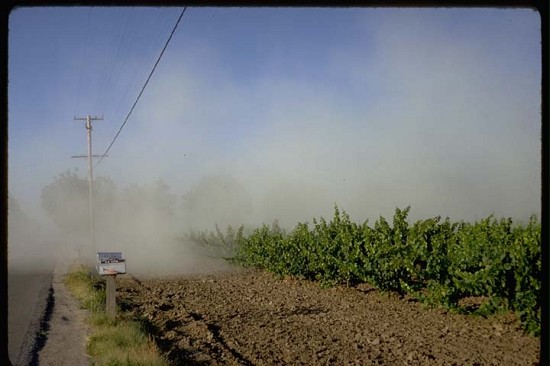 realized nobody else was going to hold a conference
about growing local in the characteristic soils and climate
and with the characteristic foods and culture of
south Georgia, so
okravores met in Tifton
and learned about everything from controling insect to which breeds of cows
produce the best organic milk.
Raven demonstrated
you can make cheese in south Georgia
and Gretchen
demonstrated preserving beautyberry and other jams and jellies,
along with many other interesting talks and demonstrations, and good food.
The South Georgia Growing Local Conference is back,
this time near Reidsville, in January.
realized nobody else was going to hold a conference
about growing local in the characteristic soils and climate
and with the characteristic foods and culture of
south Georgia, so
okravores met in Tifton
and learned about everything from controling insect to which breeds of cows
produce the best organic milk.
Raven demonstrated
you can make cheese in south Georgia
and Gretchen
demonstrated preserving beautyberry and other jams and jellies,
along with many other interesting talks and demonstrations, and good food.
The South Georgia Growing Local Conference is back,
this time near Reidsville, in January.
When:
Saturday, Jan. 14, 2012, 9-5
UGA’s Vidalia Onion & Vegetable Research Center, between Lyons & Reidsville, Ga. & Red Earth Farm, ReidsvilleWhat: Continue reading







